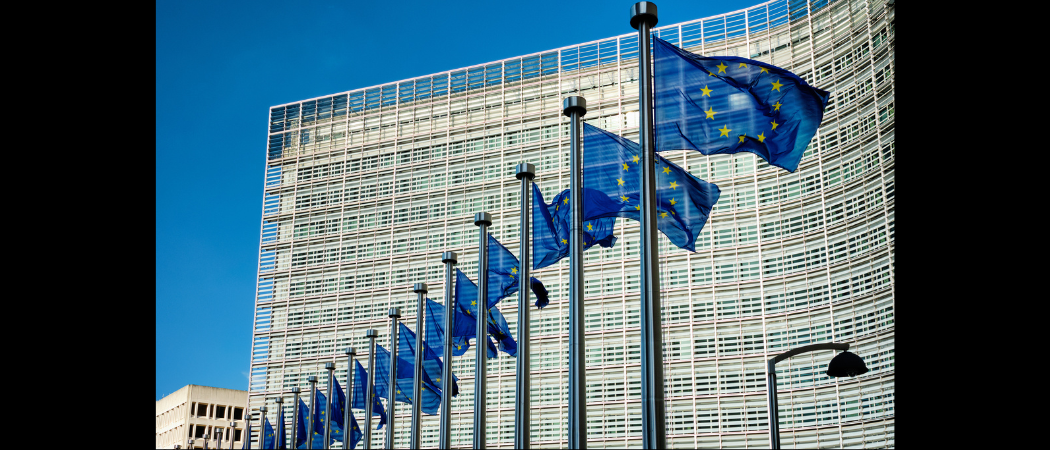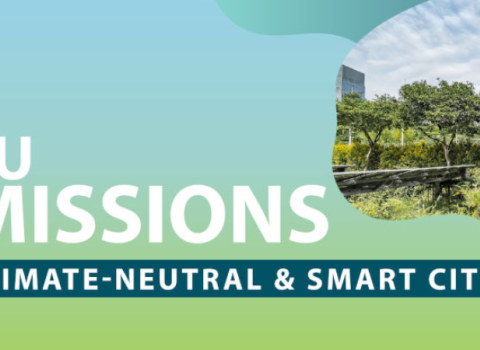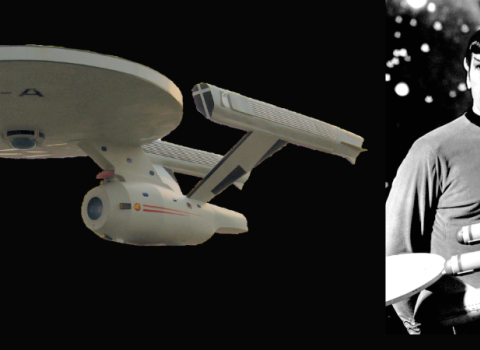Three years after their launch, member states are still trying to make sense of the ‘Grand Challenge’ research missions

The EU’s ‘Grand challenge’ research missions have a long way to go to pull in public and private resources and deliver on their objectives, according to a report by a Commission expert group published on Friday.
The report comes at a time when member states and research stakeholders in Europe are calling for the missions to be scrapped or moved outside the next EU framework programme for research and innovation, FP10, which is due to start in 2028.
The Commission launched the missions in 2021 with a budget of €1.9 billion, which was intended to attract further investment. The goal was to give a boost to multilevel research cooperation and deliver results in five key areas: fight cancer, help Europe adapt to climate change, protect seas and rivers, promote carbon neutral cities and foster soil health.
Now, a few years in, some research stakeholders say the missions should not feature in Horizon Europe’s successor programme.
Otmar Wiestler, president of the Helmholtz Association said the missions have not delivered outcomes that match the level of funding. “My impression is the money is just distributed at large scale, there is no focus on excellence, or quality, and eventually it will fail,” he told Science|Business in an interview this week.
Similarly, the Danish government’s list of recommendations for FP10, includes a call to move the missions out of the research programme. The missions could still succeed but they should be relaunched independently of FP10, the Danish government paper says.
Missions were inspired by Mariana Mazzucato, professor in the Economics of Innovation and Public Value at University College London, who advised policy makers to devise “moonshot” challenges modelled on the 1960s US programme to land on the moon. Alongside beating the USSR in the space race, this was seen as helping to spur innovation and create new value chains.
The EU missions were meant to expand the remit of Horizon Europe, setting clear goals and mobilising action across the continent from private investors, researchers and the public in the five key areas.
However, according to the expert report, despite some progress, stakeholders involved in the missions are still trying to make sense of how this approach can solve the “moonshot” challenges.
“Beyond Horizon Europe, and at national, regional and local levels, most actors are still in the process of “sense making” and exploring and experimenting with appropriate roles and logic models for the approach mainly based on the existing structures,” the report says.
According to a survey conducted by the expert group, national, regional and local actors are still trying to figure out how to plan and coordinate missions and integrate them into the national context.
Despite these challenges, the expert group remains confident that “directionality towards achievement of the missions’ objectives and targeted impacts is taking place.”
Missions are more effective when their objectives are more closely aligned with pre-existing European and national policy strategies. Some countries are developing nationally coordinated governance approaches across the five missions, while others are building more decentralised models, the report says. But, in terms of concrete actions, most countries are at the early stages in their contributions to EU Missions.
As a result, it is too soon to evaluate the full scale of the impact of the missions. “[They] are not yet at a stage where monitoring of their contribution to the substantive transformative goals of each mission can be done,” the report concludes.





 A unique international forum for public research organisations and companies to connect their external engagement with strategic interests around their R&D system.
A unique international forum for public research organisations and companies to connect their external engagement with strategic interests around their R&D system.